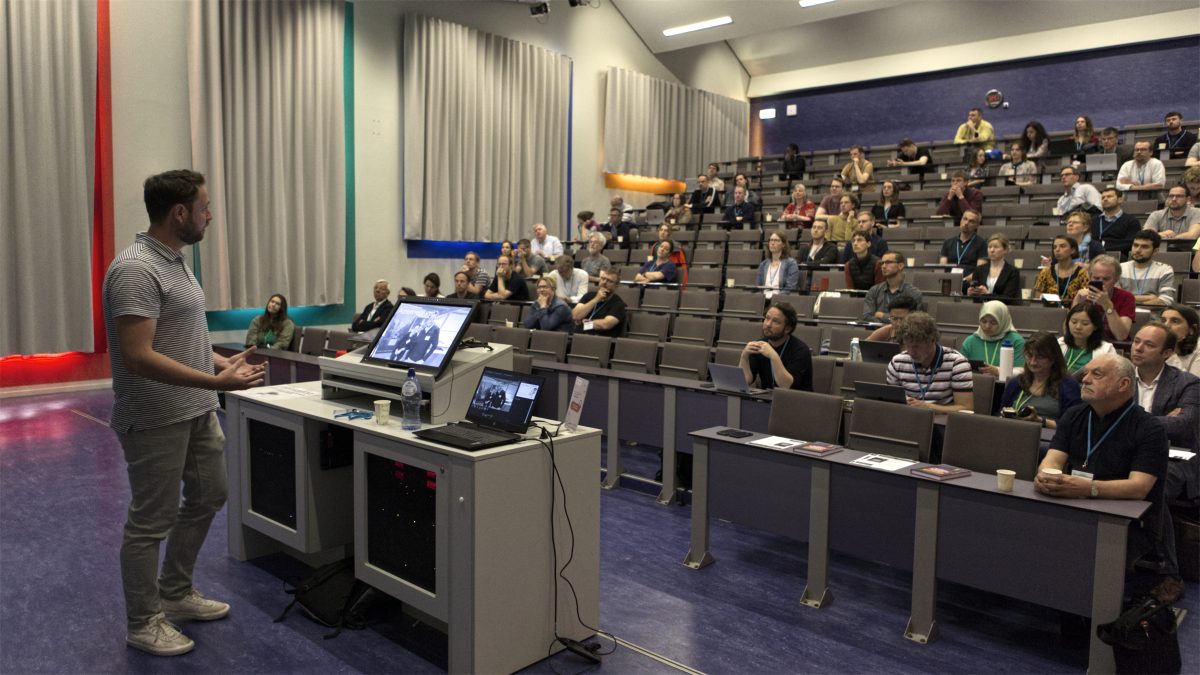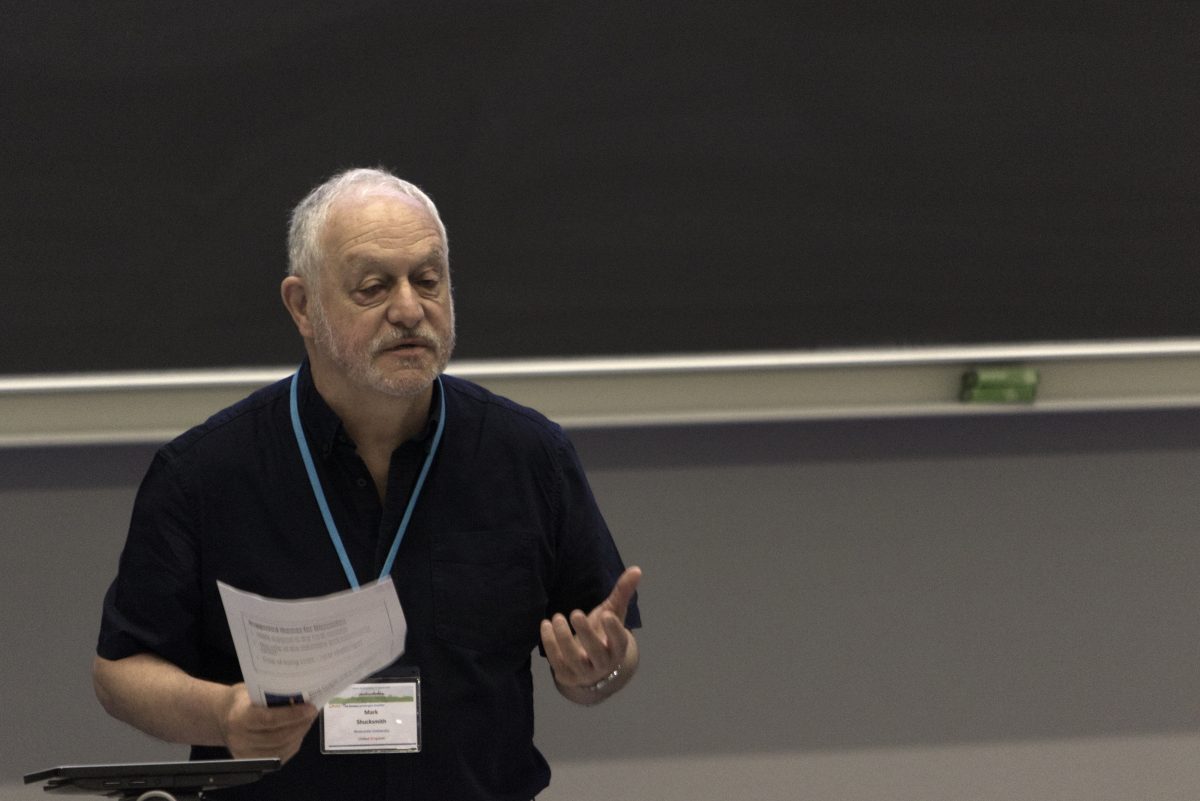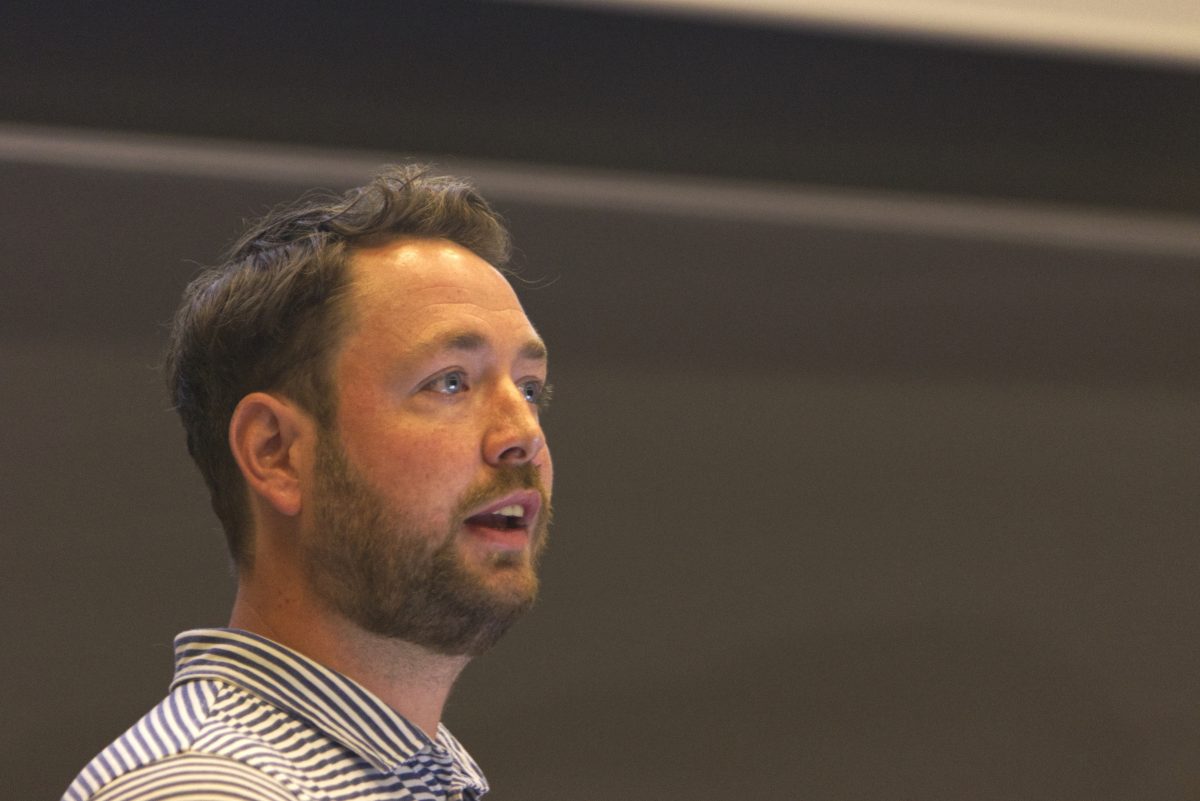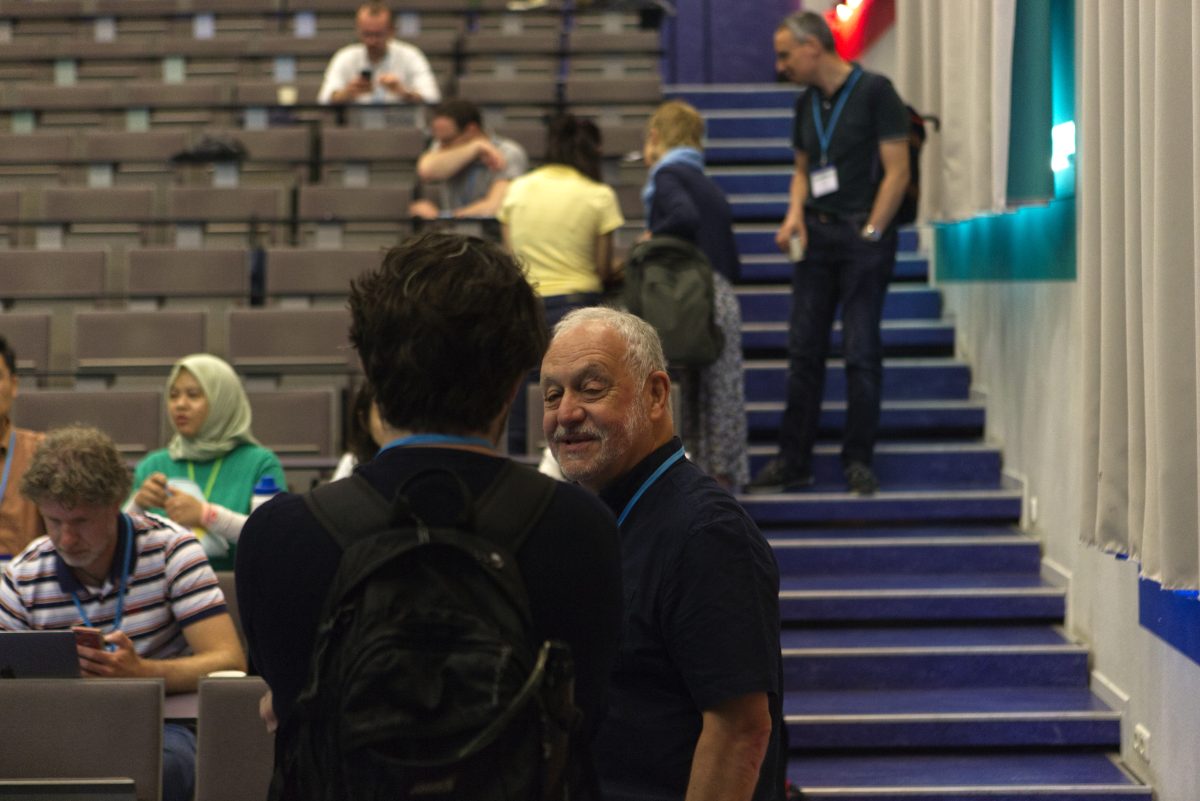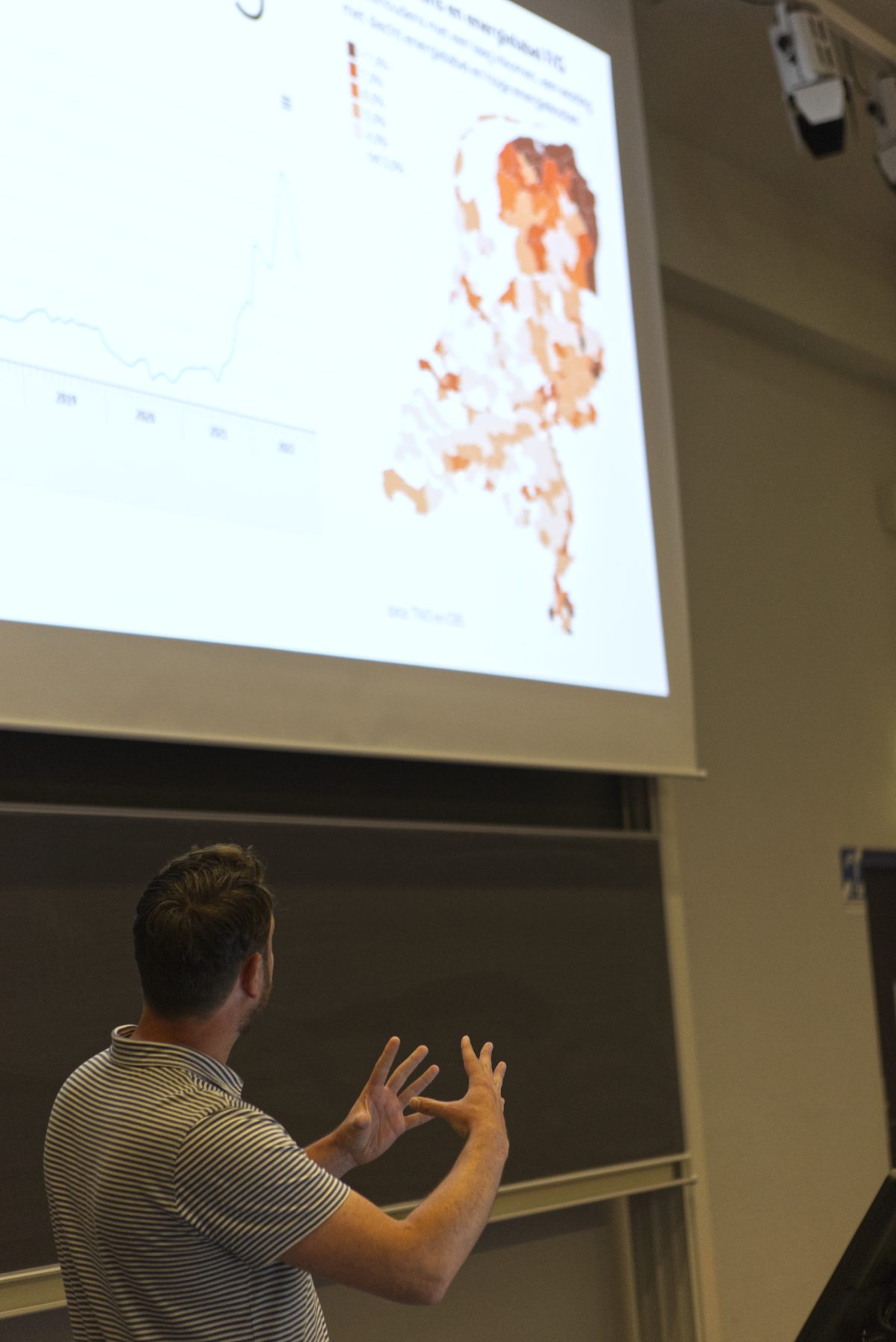Mark Shucksmith and Eric Meij: Experiences of rural poverty – invisible to policy?
Mark Shucksmith invites the audience to discuss some of the findings he and Erik Meij have found in their research on experiences of rural poverty and its causes, in the Netherlands and in Britain, and asks whether policies tend to neglect vulnerable citizens in rural areas.
In his 3-year research, of which part was performed at the beginning of the Covid years, Shucksmith and his team found the social challenges Britain’s rural areas face as the country went from a land-based employment to a service-oriented economy. Gentrification drive up house prices, as key workers cannot get a house. Local workers face job insecurity and low pay, as opportunities are limited within small firms or in seasonal labour. Cost of living has exploded, as the energy crisis loomed, and poverty increased. The welfare state has not been able to tackle these issues as irregular or seasonal work do not fit the system. Welfare services are centralized and digital illiteracy is a problem. There is a close link between debt, delays in benefits, foodbank use and mental health which increases the stigma in small communities. Voluntary and community organisations are the most valued and trusted source of support, often substituting for roles the state would fulfil in urban area, despite their precarious funds and reliance on volunteers. Welfare policies need rural proofing to address the challenges and action is needed to tackle energy poverty and the lack of affordable housing.
Erik Meij performed his participatory research in The Netherlands to gain some insider perspective on rural poverty. He talked to people and even went with them to work, to experience life in the fringe and form a sympathetic understanding of the everyday lives of people experiencing poverty. The energy crisis increased the cost of living especially in the northern Dutch rural areas, which are already economically weak. The government is ill equipped to mitigate the problems, and luckily local people step up. For example, a thrift store owner who provided people in need with funds. Small scale community actions are important but difficult as stigmatization is a big threat to people seeking out help.
Rural poverty needs to be addressed on a state and local level to close the social inequality gap and help end stigma.
In the following discussion with the audience, it becomes clear that stigma is one of the most challenging things to address. Shucksmith tells of people in Britain who drive to a different town to visit a food bank or work availability centres, to avoid friends and neighbours. Asking them for help is another issue, as they themselves are often in the same situation. Health workers in certain areas are asked to bring food from the food banks as well.
Other audience members were wondering how these issues can be solved. To get a grip on the problems facing rural areas state people should be brought in to talk to local workers in rural areas according to Mark and Erik, so they understand their predicaments. That way policy can better address the needs of rural citizens.
